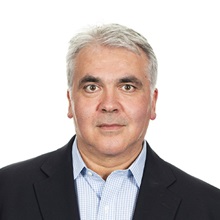Out-of-pocket (OOP) health payments — payments for health care not covered by public or private insurance but borne directly by households — account for large shares of health spending both in Europe and Central Asia (ECA) and other world regions. In many cases, high OOP health payments render needed care unaffordable or squeeze households’ ability to access other essential goods and services. The high cost of brand-name pharmaceuticals that households often purchase and copayments for preventive or hospital visits are just some of the numerous causes for high OOP on the supply and demand side. Without controlling OOP spending, achieving affordable universal health coverage, one of the Sustainable Development Goals (SDGs), will remain out of reach.
During this ECA Talk, we discussed recent trends in OOP health spending in the ECA region and presented new evidence on policies designed to reduce out-of-pocket outlays.





